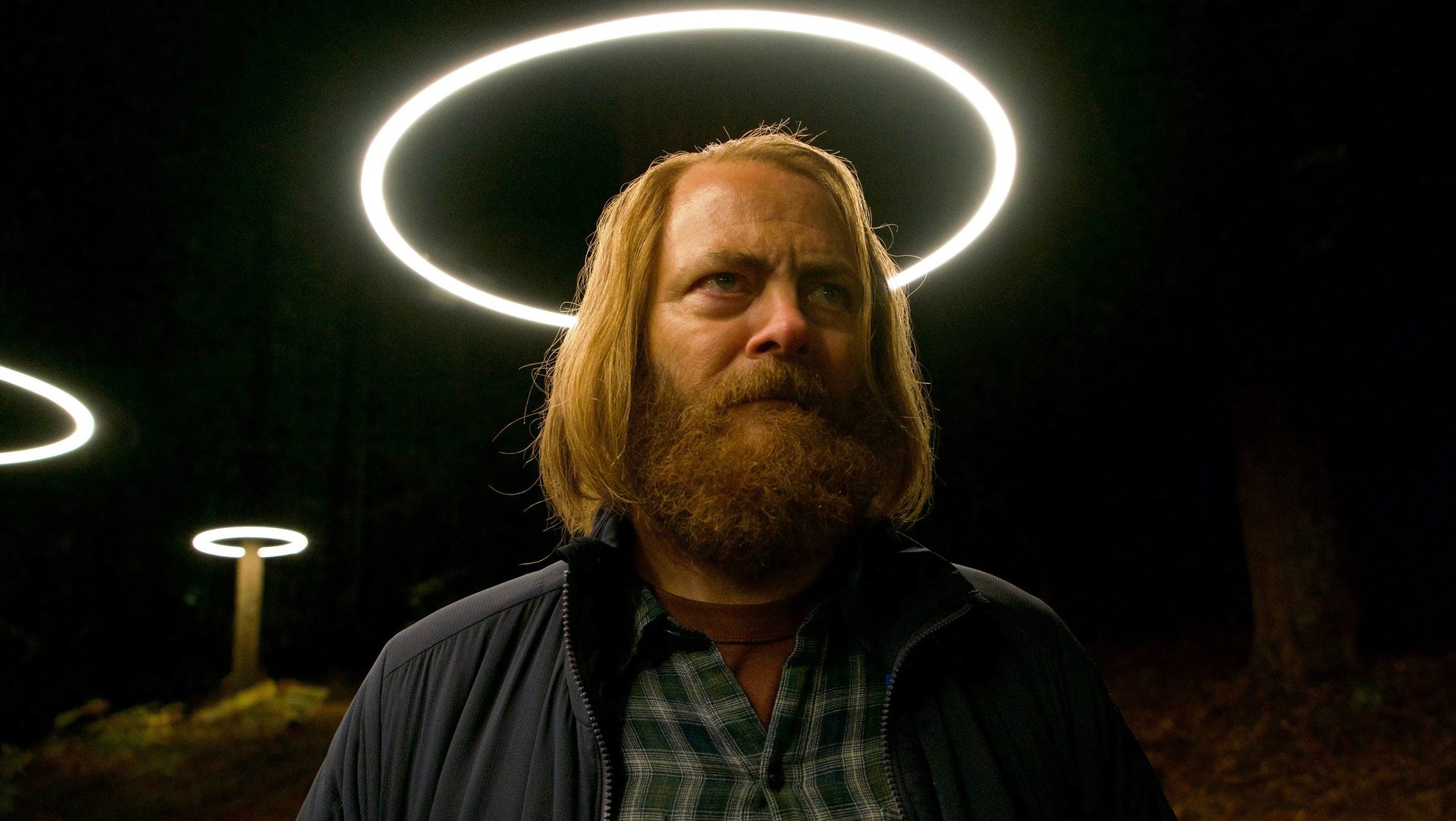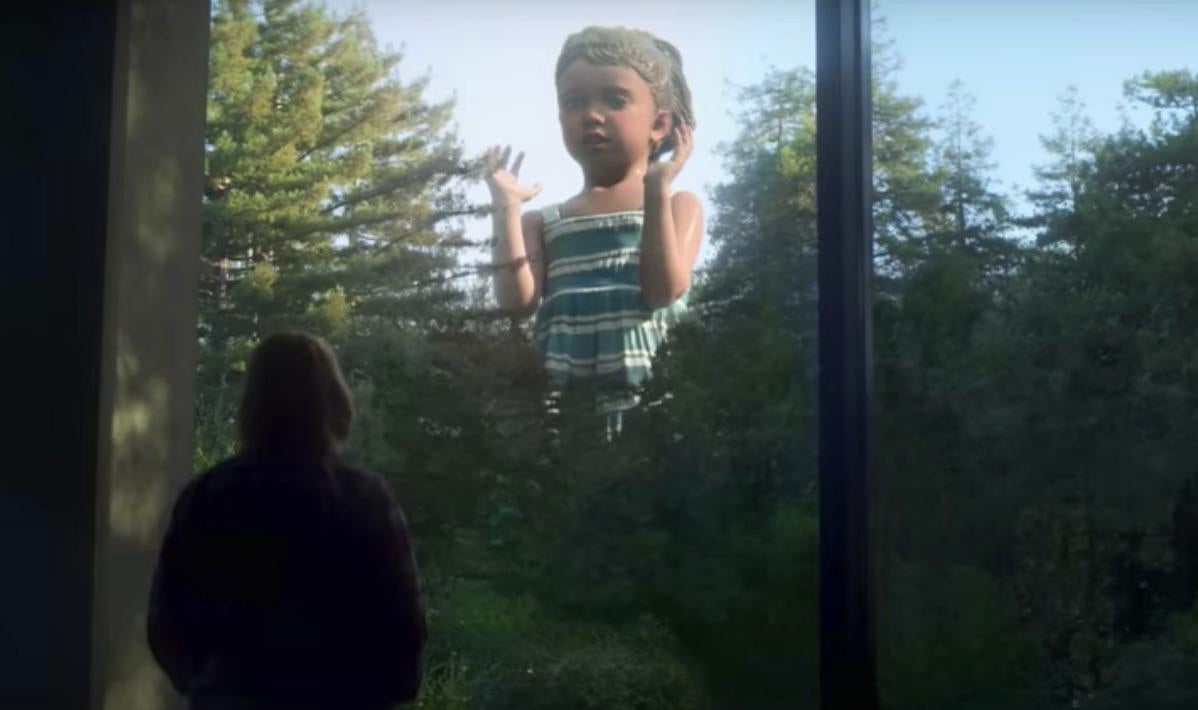In “Devs,” creator Alex Garland sees Silicon Valley for what it really is
Having made films like Ex Machina and Annihilation and now the tech thriller TV series, Devs, Alex Garland does not have an especially optimistic vision of our future. But his concerns are much more immediate than the coming dystopias suggested by his work.


Having made films like Ex Machina and Annihilation and now the tech thriller TV series, Devs, Alex Garland does not have an especially optimistic vision of our future. But his concerns are much more immediate than the coming dystopias suggested by his work.
“It’s the present that keeps me up at night,” Garland told Quartz over the phone last week.
He’s certainly not alone. As coronavirus ravages the world, the present now resembles many aspects of Garland’s bleak near-future landscapes. Empty city streets bring to mind the opening scenes of zombie-horror film 28 Days Later, which Garland wrote. Overwhelmed healthcare workers recall the ill-equipped scientists of Annihilation facing an existential menace wholly indifferent to our human concerns.
And Amaya, the fictional quantum-computing company in Devs, reminds us that powerful entities are generally not to be trusted—and that Silicon Valley, particularly, won’t save us despite its promises of utopia.
Devs, which premiered on Hulu earlier this month, follows Lily (played by Sonoya Mizuno), a computer engineer at Amaya investigating the disappearance of her boyfriend shortly after he joins the company’s secretive development division, or “devs.” We later learn the project at the center of devs is an extremely powerful quantum computer running a determinism-based algorithm that can both project images of the past (one character uses it to render the crucifixion of Jesus Christ) and also predict the future.
To prepare for production on the series, Garland toured Google’s quantum labs and met with members of its research team there. What he learned helped reinforce his appreciation for the cogs in the machine—individual scientists and tech researchers—but not for the machine the cogs work for. In fact, he argued the Silicon Valley companies that Amaya is meant to satirize are more nefarious in their pursuit of wealth and power than even Wall Street.
“Wall Street wears its capitalism proudly, like a badge,” Garland said. “That’s demonstrated literally in the expensive suits and sharp ties. Silicon Valley presents itself in a completely different way, which is more of a ‘man of the people’ vibe. And that message confuses us. A lot of these companies have the same amount of wealth and power as nation-states. A lot of them pay hardly any tax.”
The filmmaker also compared the companies to cults in the way they market products as game-changing, life-altering revelations, when in fact they’re usually just incremental updates to existing technology.
“A product gets presented to us, like maybe a new smartphone, and it’s offered up as a kind of devotional object,” Garland said. “People in these product launches react with a sort of feverish enthusiasm. Cults should always be distrusted. Literally always.”
In Devs, Amaya is run by its CEO, Forest (Nick Offerman), who wears earthy flannels and dons an unkempt beard. He does not look like someone who owns and operates the world’s most powerful piece of technology.
The Amaya campus is a cluster of brutalist buildings hidden deep within the Northern California redwoods. Employees hang out around an amphitheater, at the base of which resides a deeply unsettling sculpture of Forest’s deceased daughter, for whom the company is named. The giant totem overlooks the entire campus, keeping watch.

It quickly becomes clear Forest isn’t interested in using his technology for the global good (it’s not used to predict and prepare for any pandemics, that’s for sure), but rather its purpose is much more personal, tied to his daughter’s death. Anyone who gets in the way of that purpose is expendable.
There is no single real-life counterpart to Amaya, but viewers will be able to infer its inspirations. Its inherent secrecy, and the obfuscation of its true nature, aren’t so far off from Theranos (though Amaya’s tech actually works). The t-shirt wearing, emotionally distant Forest, who wields more power than perhaps any other person on the planet, is a kind of a scruffy Mark Zuckerberg.
If the current global situation didn’t make this obvious enough already, Devs drives home the point that we are nowhere close to the perfectly realized version of society that Silicon Valley suggests is attainable. And we probably never will be.